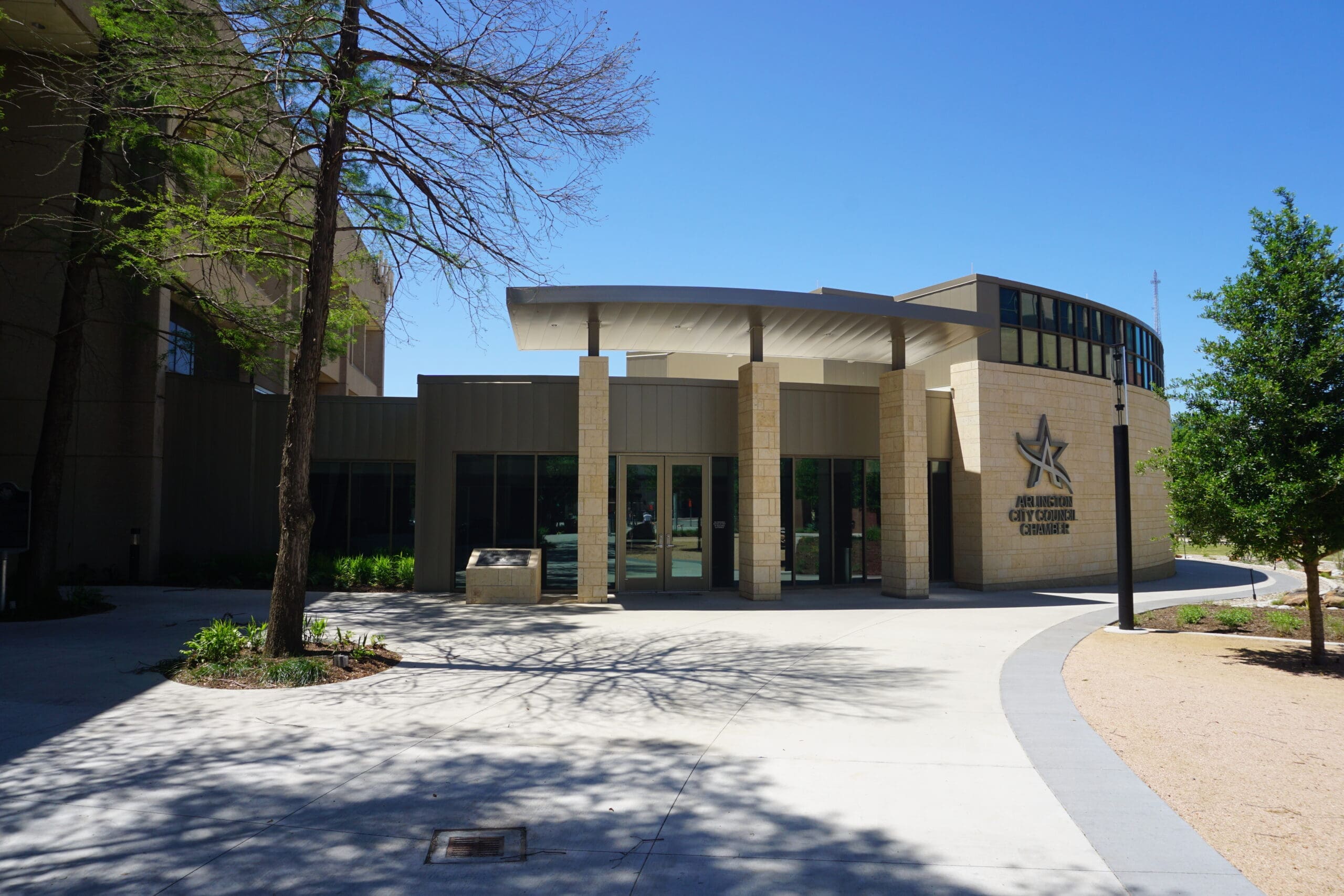Before a large crowd in Northeast Tarrant County, Texas’ Lt. Governor laid out several of his key reform priorities for the upcoming 85th legislative session.
The first item was to address Texas’ skyrocketing property taxes. With the vast majority of local officials “refusing to reduce tax rates” as appraisal values rise each year, homeowners now pay the 4th highest effective burden in the nation.
In response, Lt. Gov. Dan Patrick called for an interim Senate committee to gather public testimony from across the state. The hearings garnered historic attendance and made it clear Texans want serious tax reform.
Patrick unequivocally said far more should have been done last session to address the problem, and that “it’s time for lawmakers to act.”
Patrick supported the proposal to lower the “rollback rate” from eight percent to four percent – and more importantly – require local voter approval to exceed the limit. The rollback rate is the rate at which governments can increase their overall tax burden each year on the existing tax base, excluding growth and other economic development.
Currently, there is no automatic election for cities and counties who break the current limit, with too much leeway for officials to gouge taxpayers.
Patrick said this reform is likely to filed as SB2, and must be enacted. He said he will stay in Austin “as long as necessary” until it passes both chambers, even if doing so requires “several special sessions.”
He also promised to ban “sanctuary cities,” as issue that places him squarely at odds with House leadership who has killed related measures for two straight sessions.
Expanding educational options for parents through Educational Savings Accounts (ESA) is also a top priority. Patrick pointed out how wealthier parents in Texas “already have school choice,” since they afford to live where they want, and send their child to a public or private school that best suits their needs.
Low-income families, however, don’t have the same freedom. “They are trapped in failing schools based on their zip code,” Patrick stated. “Most [of these schools] will receive an F-rating from the state thanks to a reform we passed last session which rates individuals schools ‘A’ through ‘F’.”
Patrick noted how some critics – especially those inside the public education establishment – advance a false narrative by claiming ESAs will “reduce funding” for children in public schools. He rejected the claim as factually inaccurate.
“Whether a child’s family moves to another state, or enrolls in a private school, or becomes homeschooled,” Patrick stated, “districts don’t ‘lose money’ because [public] schools no longer have to educate that child.”
Patrick cited the Texas Homeschool Coalition’s public support of ESAs, although specific legislation has yet to be drafted. When Julie McCarty – president of the NETTP – raised concerns about ESAs and their effect on the homeschooling community, Patrick reiterated, “We will not pass a bill out of the Senate that [imposes] regulations on homeschoolers, or one [that requires them] to participate.”
A volunteer from the Convention of States project thanked Patrick for his support of Gov. Greg Abbott’s call for an Article V Convention, and asked what citizens can do to get reluctant lawmakers on board. Patrick encouraged those in the audience to “meet with lawmakers, explain the issue,” and to be “patient.”
“When you have conservative groups on both sides of the issue,” Patrick explained, “it puts lawmakers in a tough place. Eagle Forum is opposed to the idea.” He stated he “doesn’t quite have enough votes yet” and “does not want to advance a bill” that tears members apart with their constituents. Patrick reiterated that citizens need to “meet with their state representatives and educate them” on the issue.
Despite Patrick’s strong support for reforms popular with a majority of Texans, the Senate will need cooperation from House Republicans. In order for that to happen, Texans need to be actively engaged with members in both chambers to ensure Republicans feel a sense of urgency to act.




